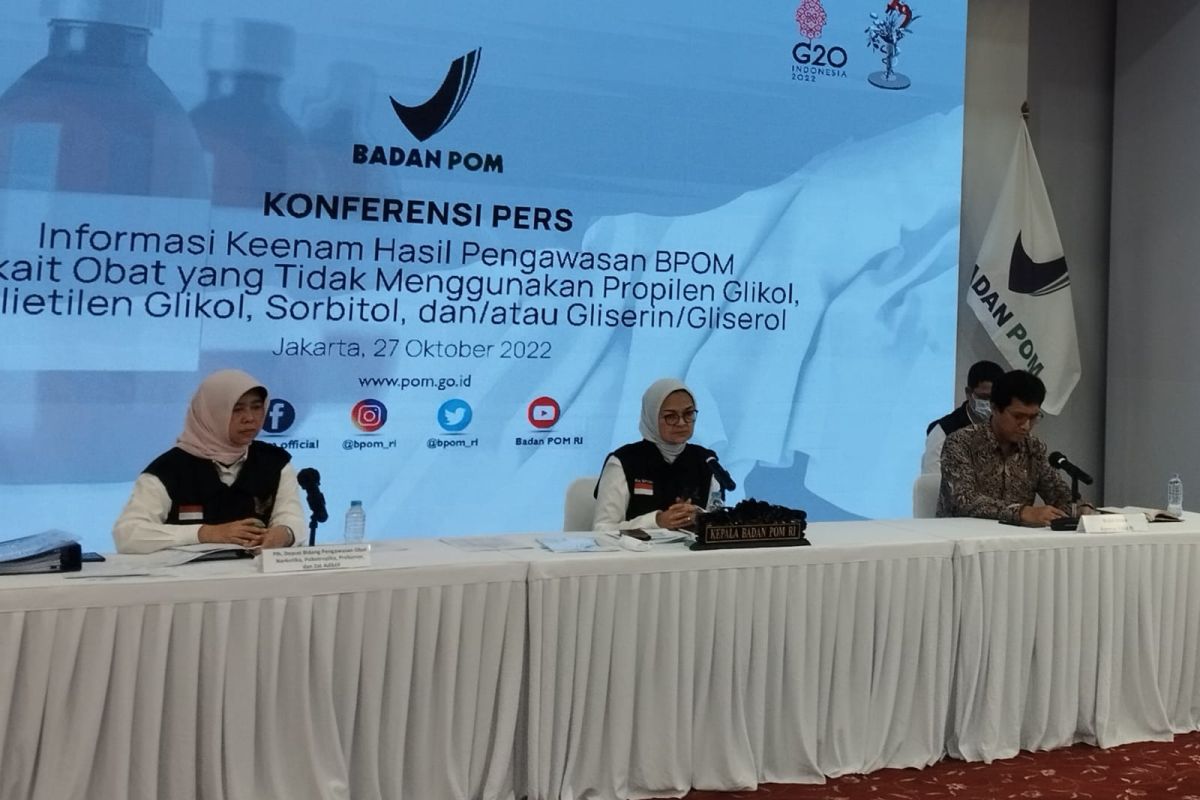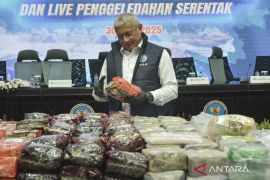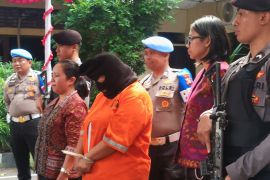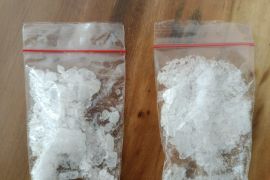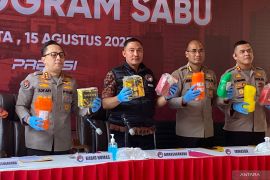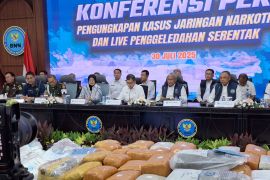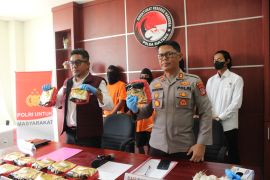"This will provide convenience if unwanted incidents occur," she stated at a press conference here Thursday.
Farmakovigilans is a recording system for drugs that patients use that can be reported by health workers to the BPOM.
With this, if an unwanted incident were to occur, especially a fatal incident, then the BPOM can immediately investigate and determine the cause-effect to know whether the incident is caused by the drug.
According to Lukito, Farmakovigilans Center/National MESO had, in fact, been running and known by health workers throughout this time.
The agency always disseminates information on this system to health workers, though its usage is still not optimal, she noted.
"Because of this incident, we urge health workers to observe and conduct this Farmakovigilans through the health service system that exists in hospitals and clinics," she remarked.
"This means truly recording the drugs that every patient takes, maybe up to the batch," she remarked.
Until October 25, the BPOM only received three reports related to the emergence of atypical progressive acute kidney injury cases.
If there is data in the Farmakovigilans, then the BPOM can investigate the drugs more quickly, including determining whether the drugs claimed the patients' lives.
She also stressed that one cannot as yet conclude whether drugs' consumption causes atypical progressive acute kidney injury.
"This is because we cannot suddenly conclude matters that make us leave out other important aspects, only blaming the drugs, but do not further explore other important aspects," Lukito explained.
"We should be more careful," she stated.
Related news: Report kidney injury-afflicted children's condition to SAPA : Ministry
Related news: Acute kidney injury: BPOM asked to quality test drugs
Translator: Rizka K, Fadhli Ruhman
Editor: Rahmad Nasution
Copyright © ANTARA 2022
